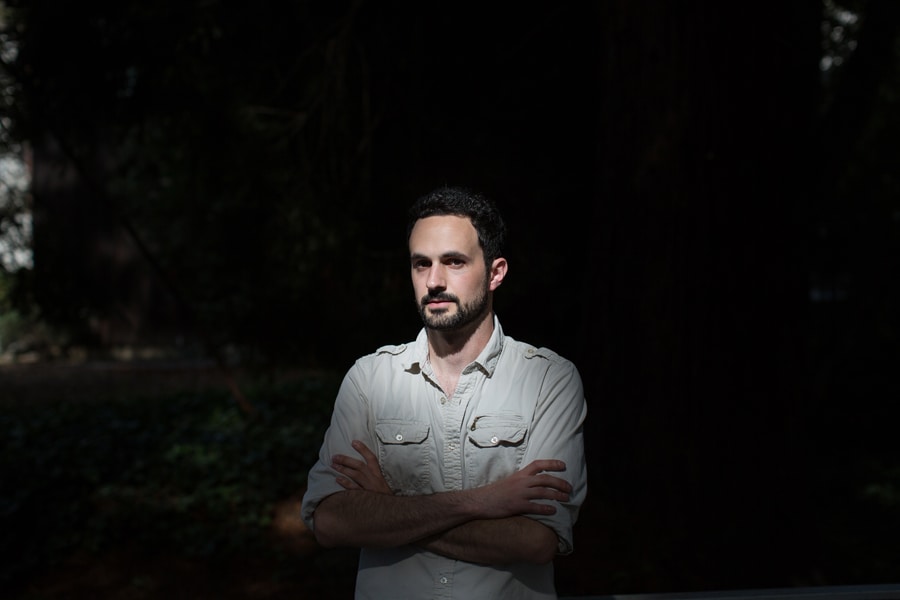
Apple issues emergency security updates to close a spyware flaw
The software updates fix a critical vulnerability in its products after security researchers uncovered a flaw that allows the highly invasive Pegasus spyware from Israel's NSO Group to infect anyone's iPhone, iPad, Apple Watch or Mac computer without so much as a click
 Bill Marczak, who has been tracking the spread of spyware around the globe, on the campus of the University of California, Berkeley, May 19, 2016. Apple on Monday, Sept. 13, 2021, issued emergency software updates for a critical vulnerability in its products after security researchers uncovered a flaw that allows highly invasive spyware from Israel’s NSO Group to infect anyone’s iPhone, Apple Watch or Mac computer without so much as a click. (Elizabeth D. Herman/The New York Times)
Bill Marczak, who has been tracking the spread of spyware around the globe, on the campus of the University of California, Berkeley, May 19, 2016. Apple on Monday, Sept. 13, 2021, issued emergency software updates for a critical vulnerability in its products after security researchers uncovered a flaw that allows highly invasive spyware from Israel’s NSO Group to infect anyone’s iPhone, Apple Watch or Mac computer without so much as a click. (Elizabeth D. Herman/The New York Times)
Apple issued emergency software updates for a critical vulnerability in its products on Monday after security researchers uncovered a flaw that allows highly invasive spyware from Israel’s NSO Group to infect anyone’s iPhone, iPad, Apple Watch or Mac computer without so much as a click.
Apple’s security team had worked around the clock to develop a fix since Tuesday, after researchers at Citizen Lab, a cybersecurity watchdog organization at the University of Toronto, discovered that a Saudi activist’s iPhone had been infected with an advanced form of spyware from NSO.
The spyware, called Pegasus, used a novel method to invisibly infect Apple devices without victims’ knowledge. Known as a “zero click remote exploit,” it is considered the holy grail of surveillance because it allows governments, mercenaries and criminals to secretly break into someone’s device without tipping the victim off.
Using the zero-click infection method, Pegasus can turn on a user’s camera and microphone, record messages, texts, emails, calls — even those sent via encrypted messaging and phone apps like Signal — and send them back to NSO’s clients at governments around the world.
“This spyware can do everything an iPhone user can do on their device and more,” said John Scott-Railton, a senior researcher at Citizen Lab, who teamed up with Bill Marczak, a senior research fellow at Citizen Lab, on the finding.
©2019 New York Times News Service







